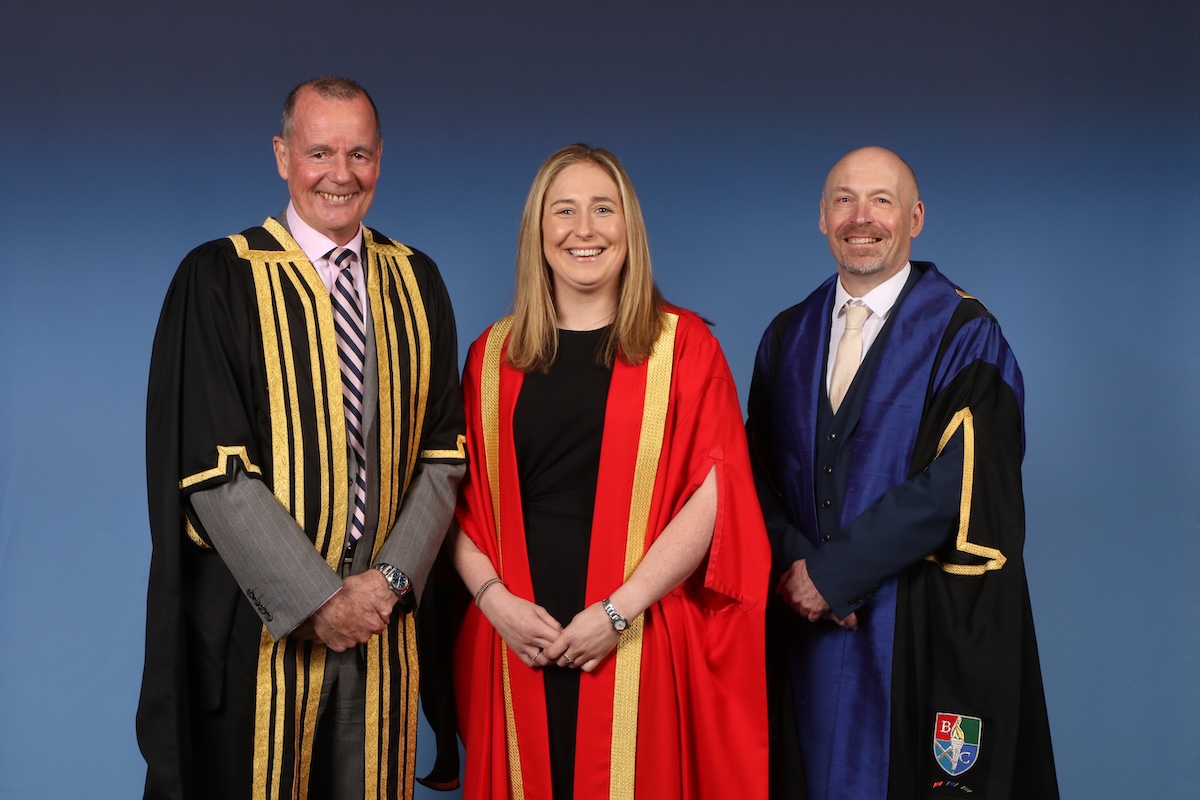Don’t hold back from talking to your neurodiverse learners

Twin Group/3SC director Kathryn Jellings explains that fears about using the wrong terminology when talking to neurodiverse learners shouldn’t stop coaches establishing what support is needed and focusing on the learner’s strengths.
At Twin Group and 3SC, we see neurodiverse people on our coaching programmes across the employment, justice and learning sectors who have taken a battering their whole lives.
From negative attitudes of individuals (teachers, family, managers, etc) and society generally, the stress of working twice as hard to fit in and ‘act’ like everyone else can result in feelings of low self-worth. This can have a massive impact on mental health and physical health and, if nothing else, can be absolutely exhausting.
And it’s not just our learners who can be affected. Talking about neurodiversity can be really hard. Getting the language right and having supportive conversations can be challenging to everyone.
Recently a person said to me, ‘Surely you mean neurodivergent instead of neurodiverse?’ Well, yes, I did – and while I agree that it’s always best to get the terminology right, pointing out someone’s mistake when you know what they are talking about isn’t very conducive to a positive conversation! Some people don’t even like the ‘label’ neurodiverse – thinking it refers more to a social justice movement rather than an umbrella term for a group of people.
Some neurodiverse people are ‘loud and proud’ about their condition and will happily chat at length about their neurodivergence. How it makes them feel, challenges they have and importantly all the extra skills they can bring. Some people will be less keen to talk; maybe they are coming to terms with a fairly recent diagnosis and have experienced years of negative feelings.
Importance of conversations
As coaches, we have to respond to these different challenges and therefore language is important. But before we get into specifics on this, it is vital to take on board a key lesson from experience which is never to be afraid to have a conversation with the neurodiverse individuals on your programmes. You might get some words wrong, but don’t worry. It is much more important to have the conversations than be held back by fear.
One reason for being more confident is that things have changed a lot in the last 10 years, mostly for the better. There is now more awareness than ever on all types of neurological conditions.
Around 15% of the UK population is considered to be neurodivergent and this percentage is much higher for those eligible for employability programmes, sometimes as high as 40-50% of participants. For people who are neurodivergent, engaging with mainstream employability programmes can be a challenge for many reasons, including; anxiety, issues with social interaction, lack of organisational skills, including struggling to get to appointments or just having a chaotic lifestyle.
Self-soothing shouldn’t be discouraged
Increased awareness has meant that the neurodiversity movement has expanded to become a major component of diversity, equity and inclusion programs and with that has followed more understanding and support.
For example, coaches and employers should be aware that many neurodiverse learners and work colleagues like to ‘self-soothe’ because it helps them to concentrate and this should not be discouraged. In layman’s terms, this means that they like to fidget and there is an excellent choice of fidget toys available online to relieve anxiety and improve focus while not distracting others.
Focus on strengths
A key part of all Twin and 3SC neurodiversity programmes is to focus on strengths and what the person adds to society and not what they take away. But in order to talk about neurodiversity as an overarching term, we also need to use neurodivergence, neurodiverse and neurotypical.
On the different types of neurodiversity, it’s even more of a minefield. If we think about autism, the landscape has changed and is changing. We don’t use Asperger Syndrome anymore and we have also moved away from the word ‘spectrum’; instead we talk about people having spikey profiles. People may refer to autism as a condition or neurodevelopmental difference and some people use disability.
We should try to avoid negative words such as disorder when we can. Whilst we are talking about negative words, there are a lot when we start naming other specific conditions, e.g. DYS – lexia, DYS-braxia, Attention DEFICIT hyperactivity DIS-order, Developmental Coordination DIS-order.
Too much dissing
The reason for this type of language is that many neurological conditions have the Latin prefix “dis or dys”, meaning “apart,” “asunder,” “away,” “utterly,” or having a negative, or reversing force. It is a commonly used negative prefix that reverses the meaning of the root word. Growing up, I also used a ‘dis’ as a slang version of disrespect – ‘Don’t dis me’ was a popular phrase! I’m not sure how we can avoid the ‘dis’ moving forward but it’s starting to happen, we have removed ‘disorder’ from autism and rather than say autistic spectrum disorder, we tend to say autism. It would be great if some of the other conditions could get a rebrand too.
But let’s not ‘dis’ colleagues if some of the terms aren’t always right. As I’ve said, it is much better to have a conversation and not get all the names 100% right than not have a conversation at all. It’s great chatting to people about neurodiversity, so let’s be kind, welcoming and help remove some of the ‘fear’ for everyone.
Kathryn Jellings is Director of 3SC, part of Twin Group
FE News on the go…
Welcome to FE News on the go, the podcast that delivers exclusive articles from the world of further education straight to your ears.
We are experimenting with Artificial Intelligence to make our exclusive articles even more accessible while also automating the process for our team of project managers.
In each episode, our thought leaders and sector influencers will delve into the most pressing issues facing the FE sector, offering their insights and analysis on the latest news, trends, and developments.











Responses